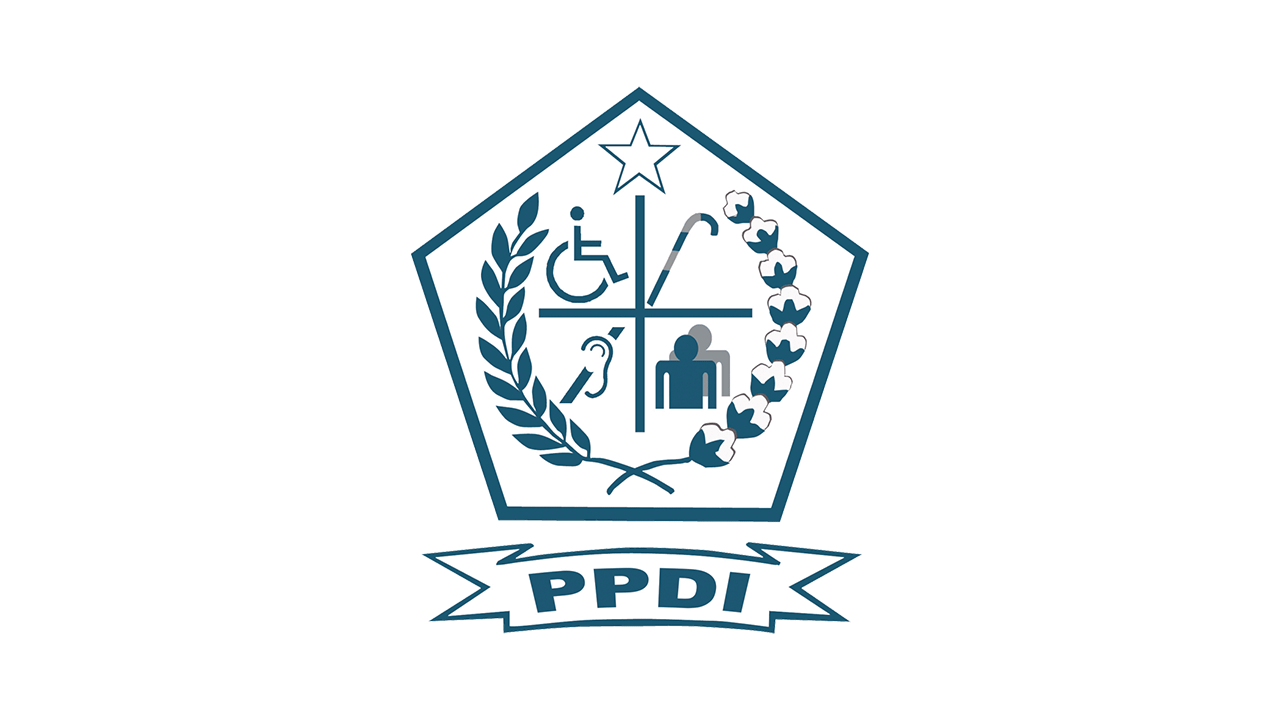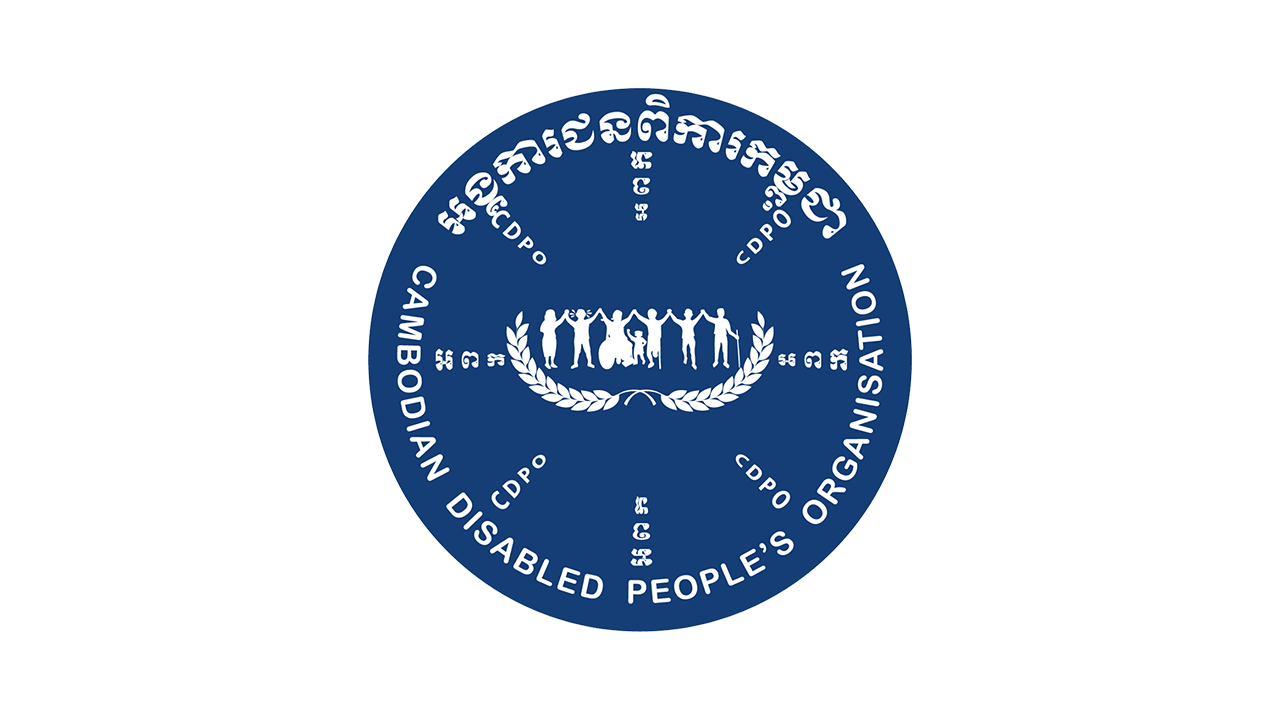On October 20 and 22, IFES held the second phase of the Do No Harm training for AGENDA organizations of persons with disabilities (OPDs) partners to learn how to apply safeguarding principles and best practices to organizational programming activities. OPD participants learned how to put measures in place to prevent and respond to harm which may potentially occur on those who are directly or indirectly affected by the organization’s activities. The training was facilitated by IFES Do No Harm Consultant and Director of Bridging Worlds Consulting Ltd., Aneeta Williams. On the first day, participants learned different forms of harm arising from any misuse of position, power, authority, or trust such as physical abuse, psychological abuse, sexual abuse/exploitation/harassment, discrimination, and potentially harmful cultural practices. Then, participants were divided into four groups to conduct an exercise on identifying potential harms and/or risks that may occur and preventive measures based on a fictional case study. After the first day of the training, each group was tasked with coursework to fill out a risk assessment exercise and were given another fictional case study where participants not only identified the potential harms and/or risks but also assessed its likelihood, impact, and persons responsible.
On the second day, participants learned the safeguarding cycle that includes identifying potential harms and/or risks, putting in place preventive measures and actions, setting up safe and timely reporting and response processes as well as investigating and holding evaluation processes. After that, participants were divided into four groups and given a fictional case study where harms and/or risks occurred to assess the effectiveness of the reporting and response mechanisms and how to make it more effective. From that exercise, participants learned that the reporting process must be timely and safe so that a concern can be quickly addressed. This can be done by setting up a safeguarding team within the organization that is responsible for receiving and providing feedback to a reported concern or case and choosing an effective means of communication either via phone call or email. After the two-day training, each OPD partner was tasked to identify potential harms and/or risks in their organizations and develop an action plan containing actions that should be taken by who and when to mitigate the identified harms and/or risks. A total of 22 OPD participants including 10 female participants from Cambodia, Indonesia, Laos, Malaysia, Philippines, and Vietnam participated in the training.









